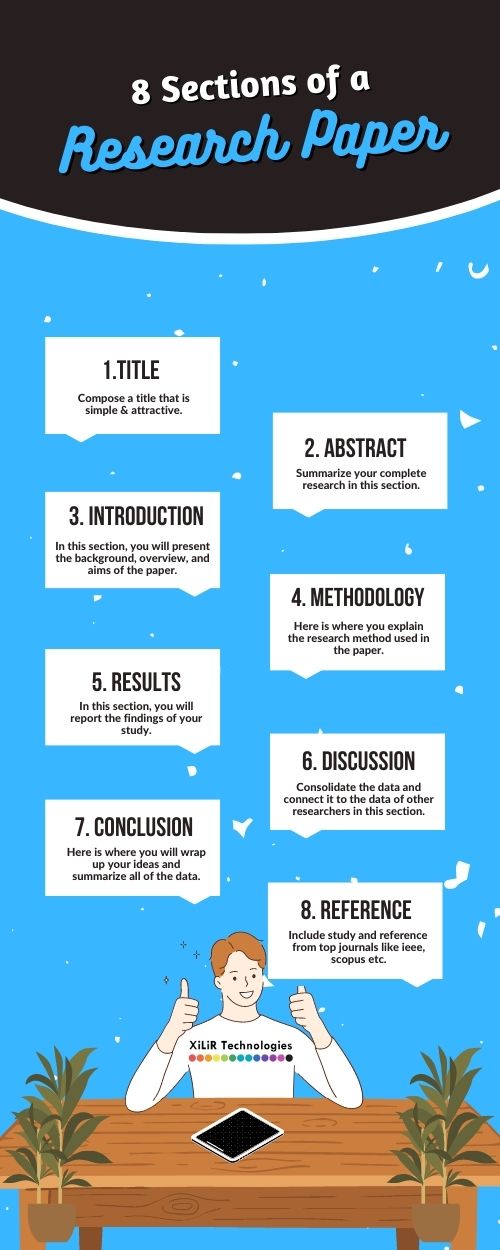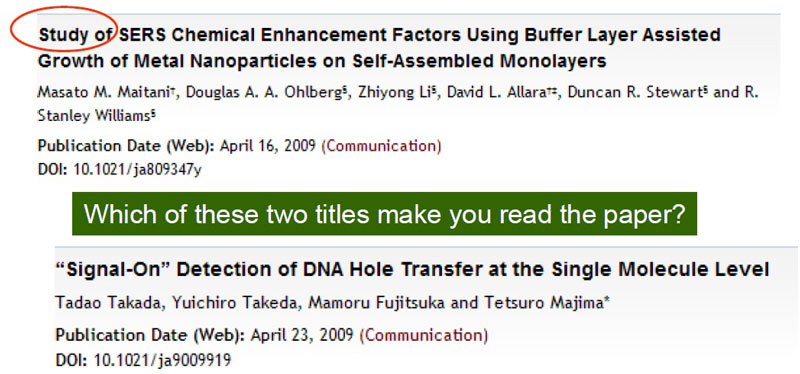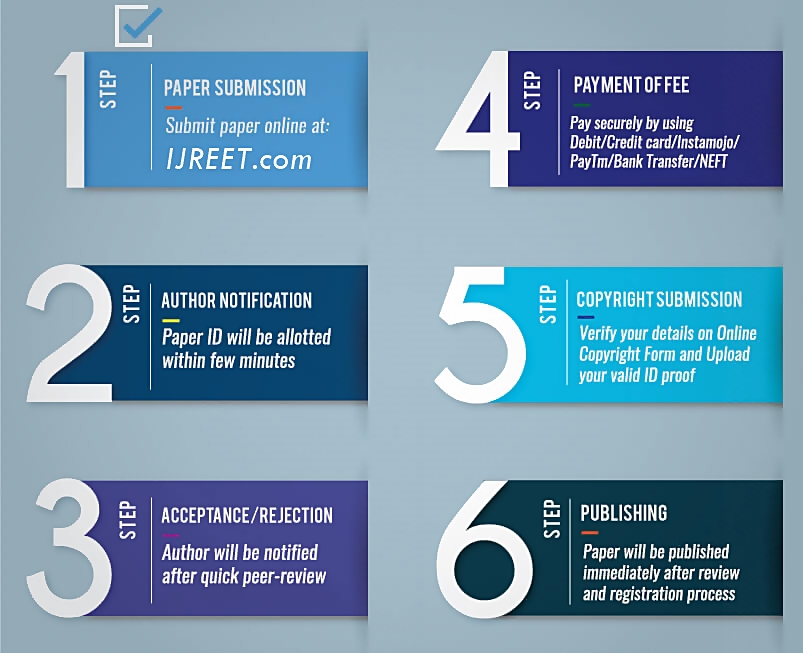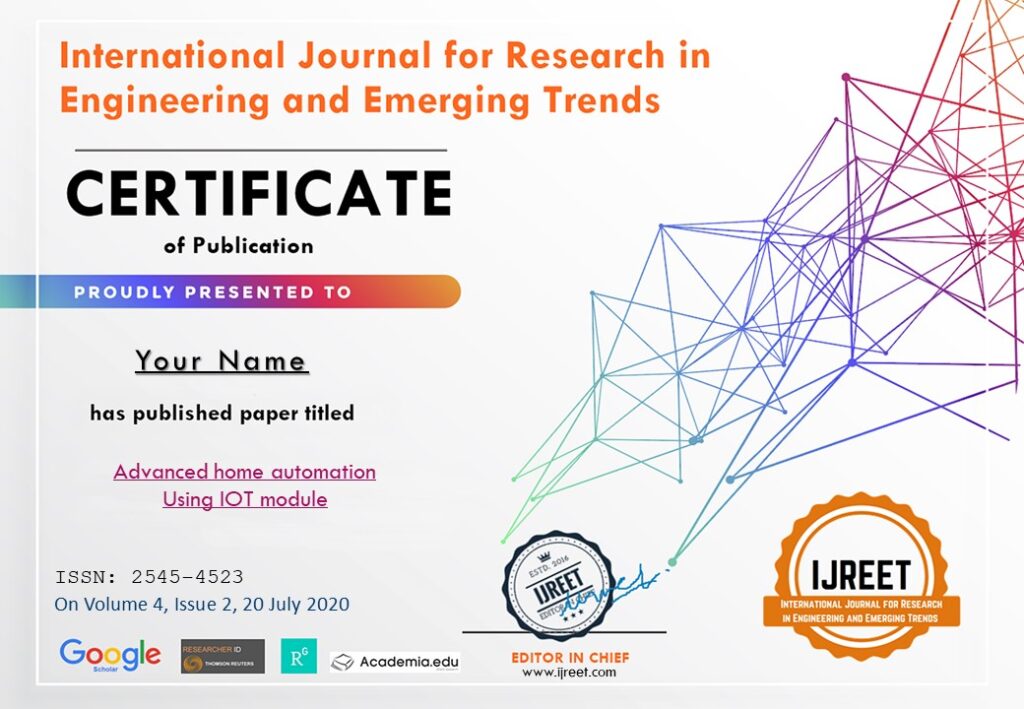Research Paper Writing Services
admin2023-02-08T15:01:24+05:30Research Paper Writing Services
What is Research Paper?

An academic article known as a research paper offers a thorough examination, assessment, or interpretation of a single subject supported by empirical data.
Analytical essays and research papers are similar, but the former place more emphasis on the use of statistical data and previous study while the latter adhere to a strict citation style. The most crucial step in our study process is writing a research paper. The world will learn about our research work, our contributions, and the study’s impact thanks to a research publication.
Keep in mind that writing a research paper is different from writing a research proposal.
In order for other researchers to afterwards use the publication in their own research, researchers must clearly express their findings and provide supporting data.

8 Steps to Write Research Paper
STEP 1: TITLE
Compose a title that is simple, attractive and accurately reflects the
investigation
-Phrases to avoid: Investigation, Study, Novel, Facile etc.
– Avoid Acronyms that are known only to specialized community

STEP 2: ABSTRACT
The study’s purpose should be highlighted in the first couple of phrases. Include significant findings in language that is easy to read and understand by the broader public (i.e., avoid detailed experimental procedures and data.)
- Keep it short and effective.
-Use your imagination to spark interest.
STEP 3: INTRODUCTION
The first stage of our analysis is established in the introduction, which also foreshadows the overall tone and focus of our research work.
- Give a general overview of the issue at the beginning of the section.
- Include a paragraph or two discussing earlier work.
- Identify the problems that the current work is attempting to solve.
STEP 4: Methodology/ Implementation
The methodology section of our research paper details our aims and the steps we took to reach them.
Having a well-developed research process makes it easier for journal reviewers and readers to grasp the full scope of our study.
- Divide this section into Materials & Methods, Characterization,
Measurements and Data analysis
STEP 5: Results & STEP 6 Discussion
(You can combine or split these two parts whichever you choose)
• Provide a thorough description of the findings and a comprehensive analysis of the data.
• Discuss how your data compare or contrast with earlier results. • Arrange figures in a way that supports the discussion themes rather than the order in which the experiments were performed.
To broaden the scope of the conversation, be sure to include diagrams and images.
STEP 7: Conclusion
- Highlight key results and then briefly explore how they might be used in the future or in other fields.
Important: Do not rewrite the abstract.
Statements with “Investigated” or “Studied” are not conclusions!
Additional Step : Write Acknowledgments if Needed
Remember to thank the funding agency and
Colleagues/scientists/technicians who might have provided assistance
STEP 8: References
- The styles vary for different journals. (Use ENDNOTE, RefWorks)
Some journals require complete titles of the cited references
Please check for the accuracy of all citations
10 Mistakes While Writing The Research Paper !
1. Avoid Focus
2. Avoid originality and personality
3. Make the article really really long
4. Do not indicate any potential implications
5. Leave out illustrations (…too much effort to draw a
sensible drawing)
6. Omit necessary steps of reasoning
7. Use abbreviations and technical terms that only
specialists in the field can understand
8. Make it sound too serious with no significant
discussion
9. Focus only on statistics
10.Support every statement with a reference
What to Avoid?
Data alone are not enough if there is no scientific discussion, use of data, or review of the literature.
• Synthesis and characterization of nanomaterials that are done on a regular basis or studies that report small steps forward are not good enough to be published.
• Using the words “New” or “First” in the title or summary.
These kinds of descriptions don’t make the reader or reviewer feel anything.
Other overused words and phrases include “one-pot synthesis” and “easy.”
• The names of flowers, fruits, and vegetables to describe the shapes and sizes of nanoparticles and nanostructures
Paper Submission for Publication.
Please read the completed document with great care.
Ensure that the figures and their descriptions are correct.
Is there an accurate description of the figures in the text?
Obtain comments from your mentor and peers.
Have at least two coworkers read the article who are not familiar with the work.
Include potential reviewer names and contact information in a cover letter to the editor along with a brief description of the work’s significance.
Make sure the final paper has everyone’s stamp of approval before submitting it.
Please upload your paper and the copyright form online.
What to do if a paper gets rejected
- Do not get discouraged.
- Read the editor’s notes and talk about them with your advisor, students, or other collaborators.
- Find out what you can do to make this study better and publishable.
- Don’t just go back and send the paper to a different journal.
- Read the comments carefully and find ways to make the papers better from a scientific point of view.
- Do more experiments and make sure that scientific discussions are better.
Revision and galley proof
Revision and galley proof
• The manuscript is usually reviewed by 2-3 reviewers
• Reviewers point out deficiencies and/or suggestions to improve the
scientific content
• Read their comments carefully. (If reviewer misunderstands a point,
the point probably needs revision or additional support.)
-Do not blame the reviewer for his/her misunderstanding!
• Be polite and respectful when disagreeing a reviewer’s comment
• Include a point-by-point explanation of changes made in the text in
response to reviewers’ comments
• Once again, carefully read the paper for its accuracy in presenting
the data
• Submit the revised version
• Once accepted for publication you should receive the galley proof
within a month. This is one last chance to make any final
corrections.
Paper Publication Urgent Basis
if you need your paper to be publish in International Journal on Urgent you can contact us we will guide you on, How to publish at Ijreet.com
Receiving Papers for: Volume-7 Issue-2 Last Date of Paper Submission: June 20, 2023 Date of Publication: Dec 30, 2020 Current Publishing Volume/Issue: Volume-7 Issue-1, August, 2023
Previous Published Volume/Issue: Volume-7,8 Issue-1, June 15, 2023 Send your paper at E-mail: ijreetjournal@gmail.com Website: www.ijreet.com E ISSN: 2545-4523 (Online) Scopus Indexing: In Process UGC Approved : In Process Impact Factor: 10.50 (Year 2023) | 6.97 (Year 2022) | 8.85 (Year 2021) Publishing Frequency: 2 Issue per year First Volume/Issue Publishing Year: 2017 Journal Starting Year: 2017
There Highlights
- Every Month Publication
- Fast track Publication
- Peer-reviewed
- Open Access Journal
- Widely Indexed
- High Impact factor
- Automatic Citations
- Quality research/review papers
- Free Magazine subscription
- FAST Track Publication
- Promoting trending Topics
- Free Magazine subscription



XiLiR Technologies LLP is a Leading & trusted international R&D Company. It’s an ISO 9001:2008 Certified Company, Govt Approved under MCA INDIA & it was Established in 2013 with the main Research Centre in New-Delhi.
We provide Research Platform to B. Tech, M.Tech & Ph.D. Students working on Projects & Thesis and also provide Training for them online and in XiLiR Lab. We have experts in different fields who have been offering professional thesis help Globally along with research paper writing assistance.

